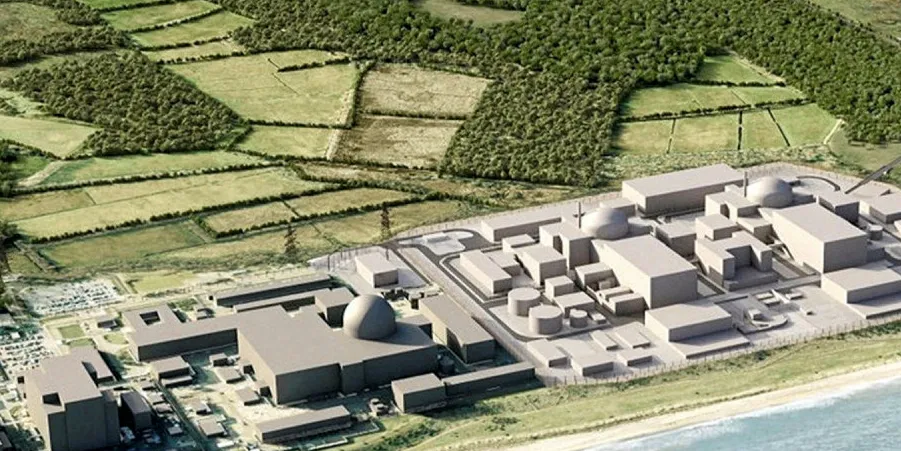UK clings to 'blighted' nuclear as Energy White Paper charts course for net-zero
Sizewell C could join offshore wind and hydrogen at core of decarbonised British power system, says long-delayed White Paper

Sizewell C could join offshore wind and hydrogen at core of decarbonised British power system, says long-delayed White Paper
